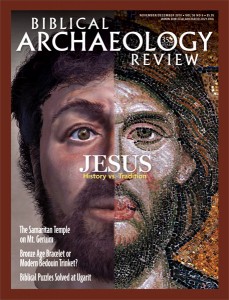
In both Judaism and Christianity there is a parallel between romantic love and love of God. The Hebrew Bible seems to require a kind of perfect romantic love for God. The major Jewish prayer, the Shema‘, demands that “Thou shalt love the Lord thy God with all thy heart, with all thy soul, and with all thy might” (Deuteronomy 6:5). In the New Testament, Matthew quotes this passage as the Great Commandment (Matthew 22:37).
Pope Benedict XVI’s first encyclical (Deus Caritas Est), in December 2005, begins with a quotation from the First Letter of John: “God is love, and he who abides in love abides in God, and God abides in him” (1 John 4:16).
As the faithful are required to love God, God’s attitude toward humans is reciprocal. The relationship between God and his people is often described in the Bible in romantic terms, such as betrothal and marriage. When the people of Israel followed idols, they were like an unfaithful lover. Their activities are described as committing adultery and prostitution (Ezekiel 16:32, 16:15ff). Jeremiah complains in the name of God that “like a woman betraying her lover, the House of Israel has betrayed me” (Jeremiah 3:20).
Lovers often compare their love to religion, just as religions emphasize the centrality of love in their dogmas. Both love and religion are perceived to be central to human life.
Already a library member? Log in here.
Institution user? Log in with your IP address.

